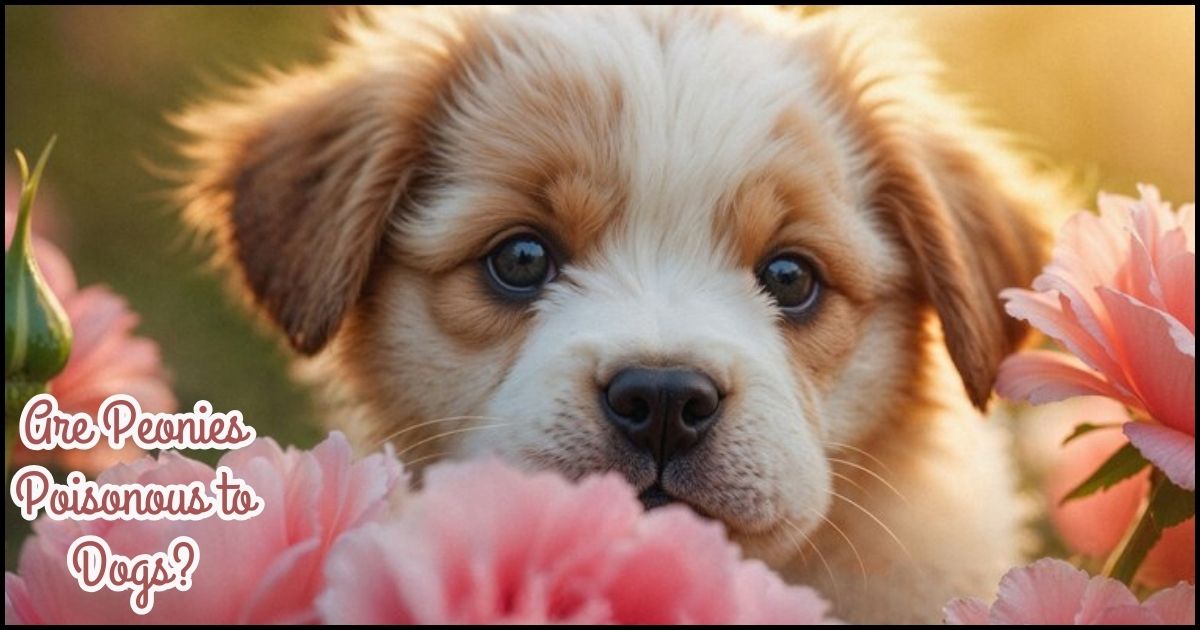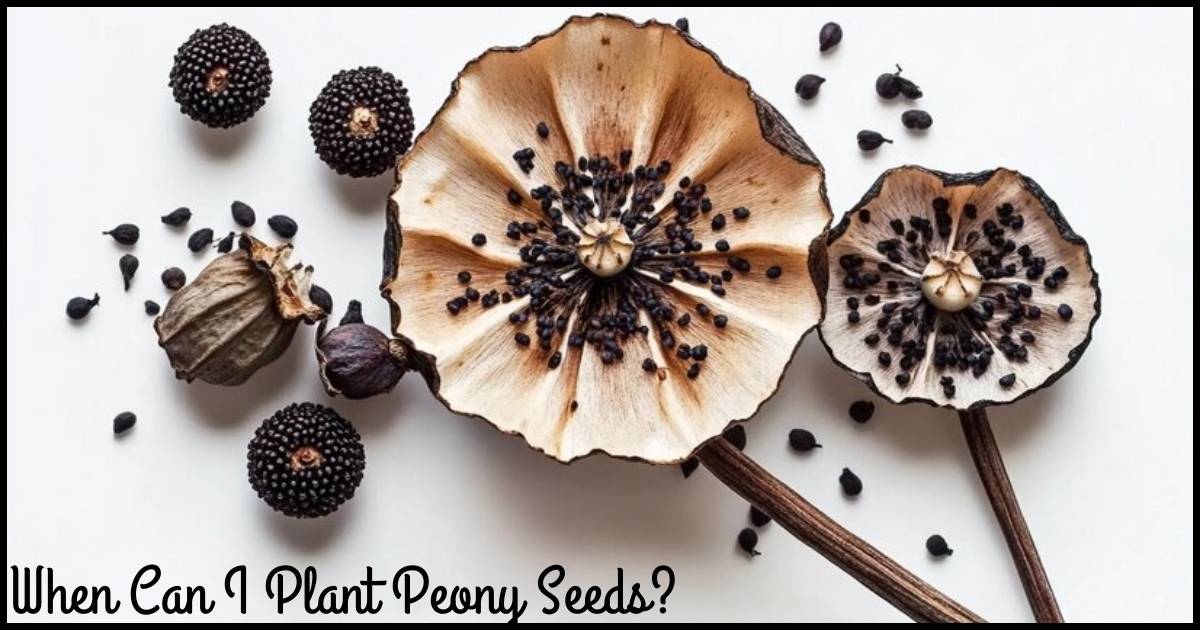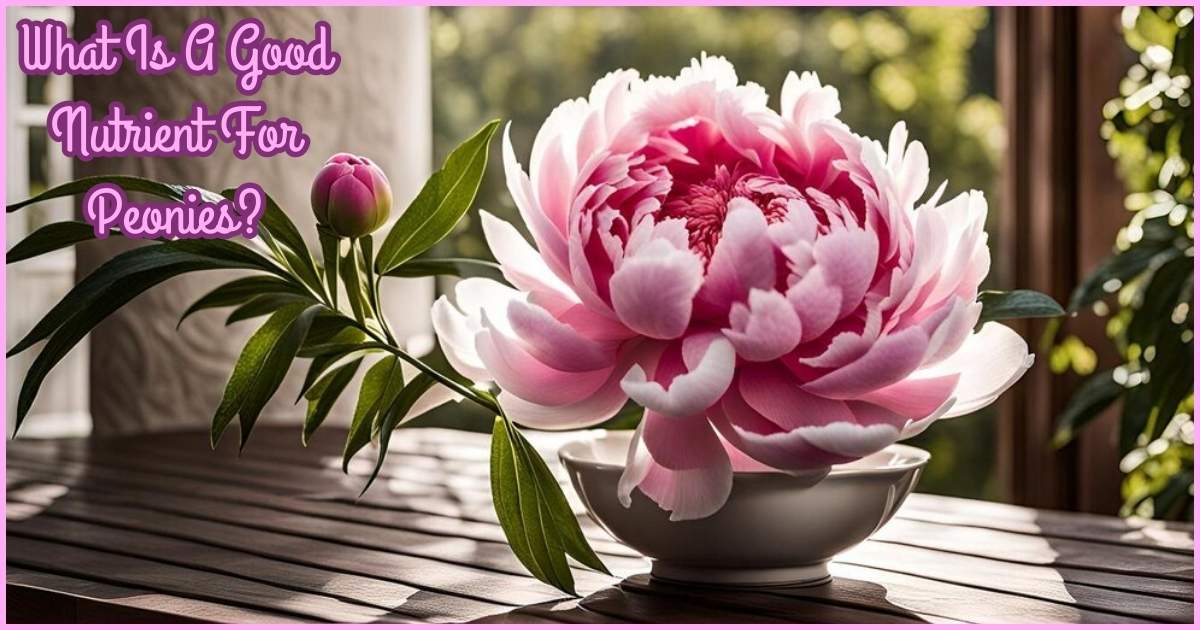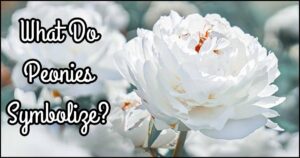While being gorgeous with their lavish, fragrant flowers, peonies are incredibly popular in many gardens. Many pet owners wonder: Are peonies dangerous for dogs? The simple answer is: yes, peonies are mildly poisonous for dogs.
They contain a compound known as paeonol, which is primarily found in the roots but is found in minute quantities throughout the plant. Ingestion of this compound may cause stomach upset and other symptoms in dogs. Though nibbling is not fatal, knowing the potential risks and what to do if your pet exhibits signs of peony poisoning is important.
Peony Toxicity
Peonies are members of the rather pretty, but generally toxic, family of plants. They contain a chemical called paeonol that irritates a dog’s stomach. This is a level of toxicity of minor compared to more poisonous plants, but it can still be lethal.
The symptoms should appear within a few hours and will depend on the quantity ingested. For instance, a small-sized dog takes a large amount of peony petals and roots will have worse symptoms than a big one that orally chews only two to three leaves.
The symptoms for peony poisoning include vomiting, diarrhea, and even lethargy. It is an indicator that the dog’s body is eliminating the poisonous contents. Though a natural response to the body, the owners should still closely monitor the dog. If these symptoms continue to worsen or prolong their stay, then consulting the vet is also a must so that dehydration, among others, would not be an added problem.
Symptoms of Peony Poisoning in Dogs

It depends on the parts of a peony plant that your dog ingests. Symptoms in some cases can be noticed early; such can make a huge difference in treatment. Common symptoms include:
- Vomiting: The dog’s stomach becomes irritated.
- Diarrhea: It can result from the digestive system reacting to the toxin.
- Drooling: Excessive salivation may occur due to nausea.
- Loss of Appetite: Your dog will refuse food as its body tries to recover.
Severity
The severity of symptoms resulting from peony consumption for dogs depends on various criteria; for instance, it considers the size of the animal, the age of the dog, and its generalized health.
Older dogs, as well as puppies can present more potent symptoms when one’s immune system is significantly debilitated. Symptoms may easily be treated within hours of appearance if they appear highly severe.
Read More>> 18 Spectacular Springs in Northwest Florida
How Much Is Toxic?
The toxic dosages are different, but a small nip might not have much of a reaction at all, while the roots, and other large pieces, will have a greater reaction. Therefore, peonies should just be kept out of reach and avoided altogether so that not even an accident can happen.
What to do if your Dog Eats Peonies
If you suspect your dog has ingested peonies, act fast. Remove any remaining plant material from your dog’s mouth to minimize further ingestion. Rinse your dog’s mouth gently with water to clear any residue. Then observe your pet for symptoms of distress, such as vomiting or lethargy.
The first thing to do is contact your veterinarian. Let him know how much of the plant was ingested and describe your dog’s symptoms. According to circumstances, he may suggest home monitoring or taking your dog to the clinic for further treatment. Better safe than sorry; even if symptoms might seem quite mild at the initial stages, immediate treatment can save your dog from complications.
Home Remedies vs. Professional Care
While it may be tempting to use home remedies, like inducing vomiting with hydrogen peroxide, it is very important to follow your vet’s guidance. Improper methods can do more harm than good. Veterinarians can give you safe and effective treatments tailored to your pet’s condition.
Read More>> Discover Florida’s Best Weekend Getaways
Preventing Peony Poisoning in Your Yard
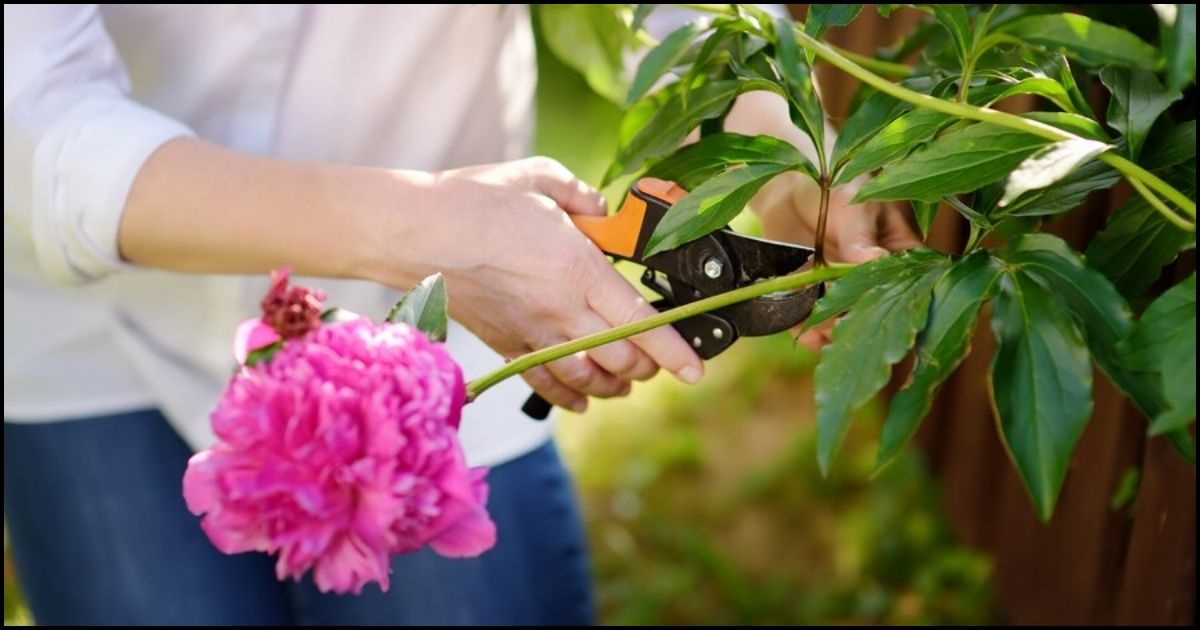
Care must be taken when planning your garden if you have a dog, as the safety of your dog near peonies is vital. If you love having peonies but you have pets, you should consider growing them in raised garden beds or areas fenced off from your pet. You could also consider other flowers and plants that are safe for your pets, such as roses, sunflowers, and marigolds.
Train your dog to avoid flowers by teaching them to steer clear of plants. Teach your dog to “leave it” when you have a peony or similar plant that could be toxic. The longer you train your dog, the better they will be at knowing what to avoid while having fun outdoors.
Safe Flower Alternatives
There are many pretty flowers you can add to your garden without worrying about harming your pets if you are concerned with toxic plants. Roses, petunias, and pansies are great alternatives since they won’t harm a curious dog. This will keep your pets safe while at the same time adding vibrancy to your outdoor space.
Why are some plants toxic to dogs?
Paeonol is a chemical defense mechanism that prevents insects and herbivores. In peonies, paeonol serves as a natural repellent, which makes the plant less desirable to animals; they hate eating it. However, being more curious and not perceptive like other herbivores of the poisonous nature of peonies, dogs may still nibble on peonies out of curiosity.
Knowing why some plants are toxic can help make better decisions on what to plant in the yard. Non-toxic plants not only make the space beautiful but also an environment that is safe to all members of the family, human and canine.
Common garden toxic plants
While peonies are a concern, this is not the only toxic plant found in the average garden. Some other non-peaceful plants which can harm pets include:
- Azaleas: May cause severe gastrointestinal upset.
- Lilies: Toxic to cats, but toxic to dogs as well.
- Tulips: Bulbs contain toxins that may lead to vomiting and diarrhea.
Being aware of the potential dangers from these common plants can help you make safer choices when planning your garden.
Read More>> Are Peonies Deer Resistant?
Long-term Care for Dogs After Poisoning

If your dog survives peony poisoning, there will be further steps to ensure long-term health. Recovery typically includes hydration and a light diet such as boiled chicken and rice to aid the stomach in settling. Gradually reintroduce regular food over the course of days as the symptoms resolve.
Veterinary follow-up is also essential, especially if the symptoms of your dog have been severe. You would need to monitor for symptoms that might indicate a possible digestive problem or behavioral change in your dog. A happy dog is a healthy dog. By taking these precautions, you ensure that your pet will remain in good spirits.
Conclusion
Peonies are beautiful flowers, but they can harm dogs if ingested. There have been reports of mild to severe gut upset in the plant leading to vomiting and diarrhea from paeonol present in the plant.
Such knowledge and precautions will also enable you to enjoy the garden while keeping your dear pets safe. In cases where your dog comes across peonies, your best bet is to have it treated quickly and refer them to your vet. Gardening and having pets do not have to go hand in hand, though. That is, it all about finding the right balance between the two.
FAQ’s
Are peonies toxic to dogs?
Peonies are hardly deadly but may cause some discomfort on the body of dogs. These include vomiting and diarrhea among others.
How long before symptoms start appearing?
Within a few hours of consumption, depending on the amount ingested, symptoms usually start appearing.
Is it safe to allow peonies in homes with pets?
The better to keep peonies beyond their reach or you can try pet-friendly substitutes in the garden.
Do puppies succumb more often to the poising from peony?
Well, more sensitive to its toxins is the puppy as well as those smaller dogs
What can I do in case the dog only managed to graze on peony?
Watch out for the symptoms that start and make sure you will call your veterinarian.

